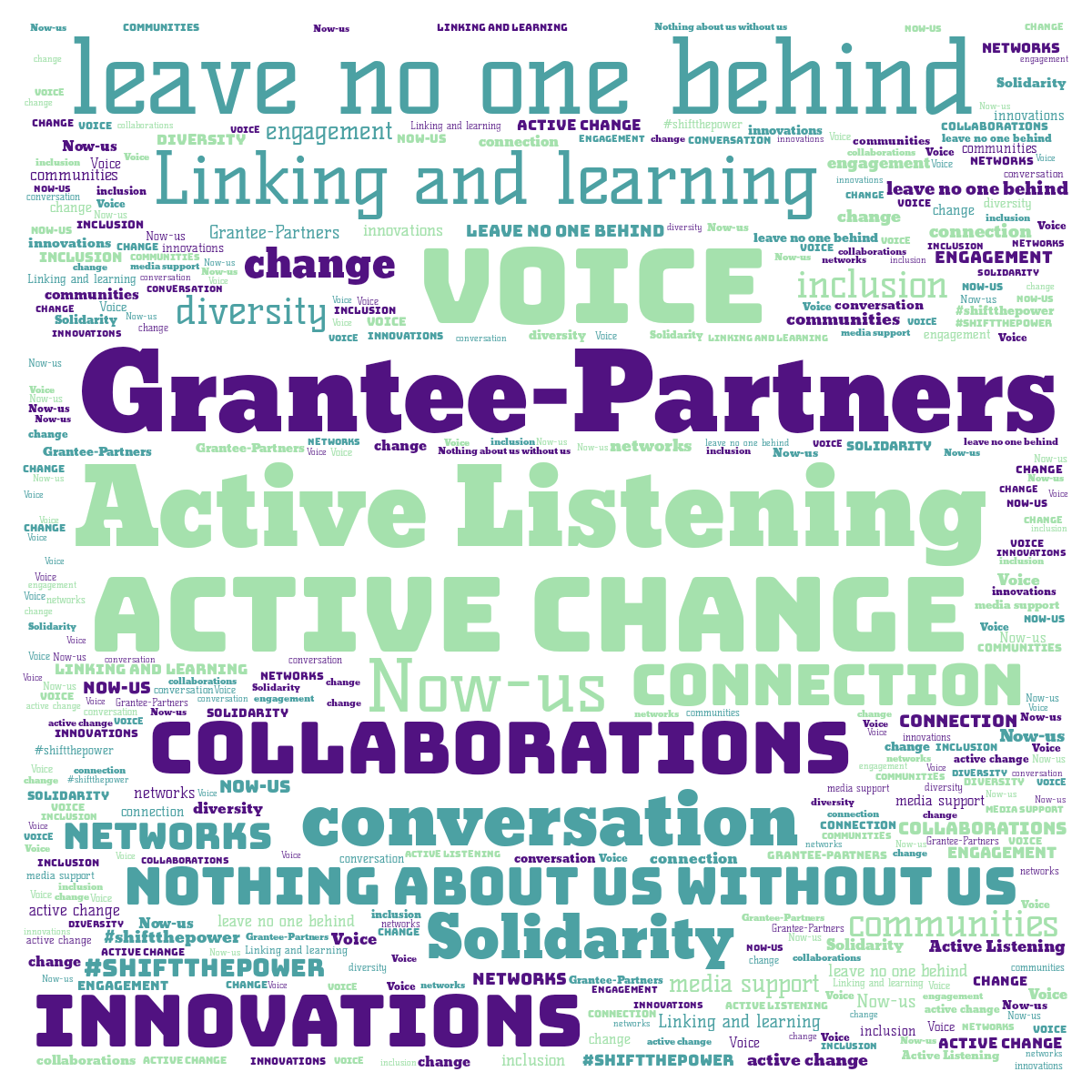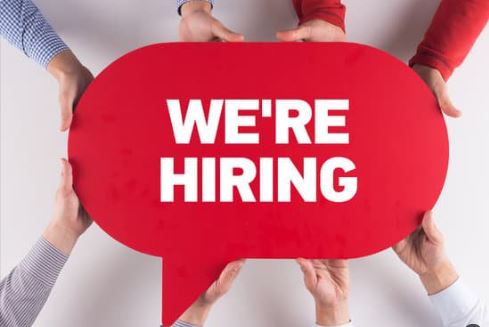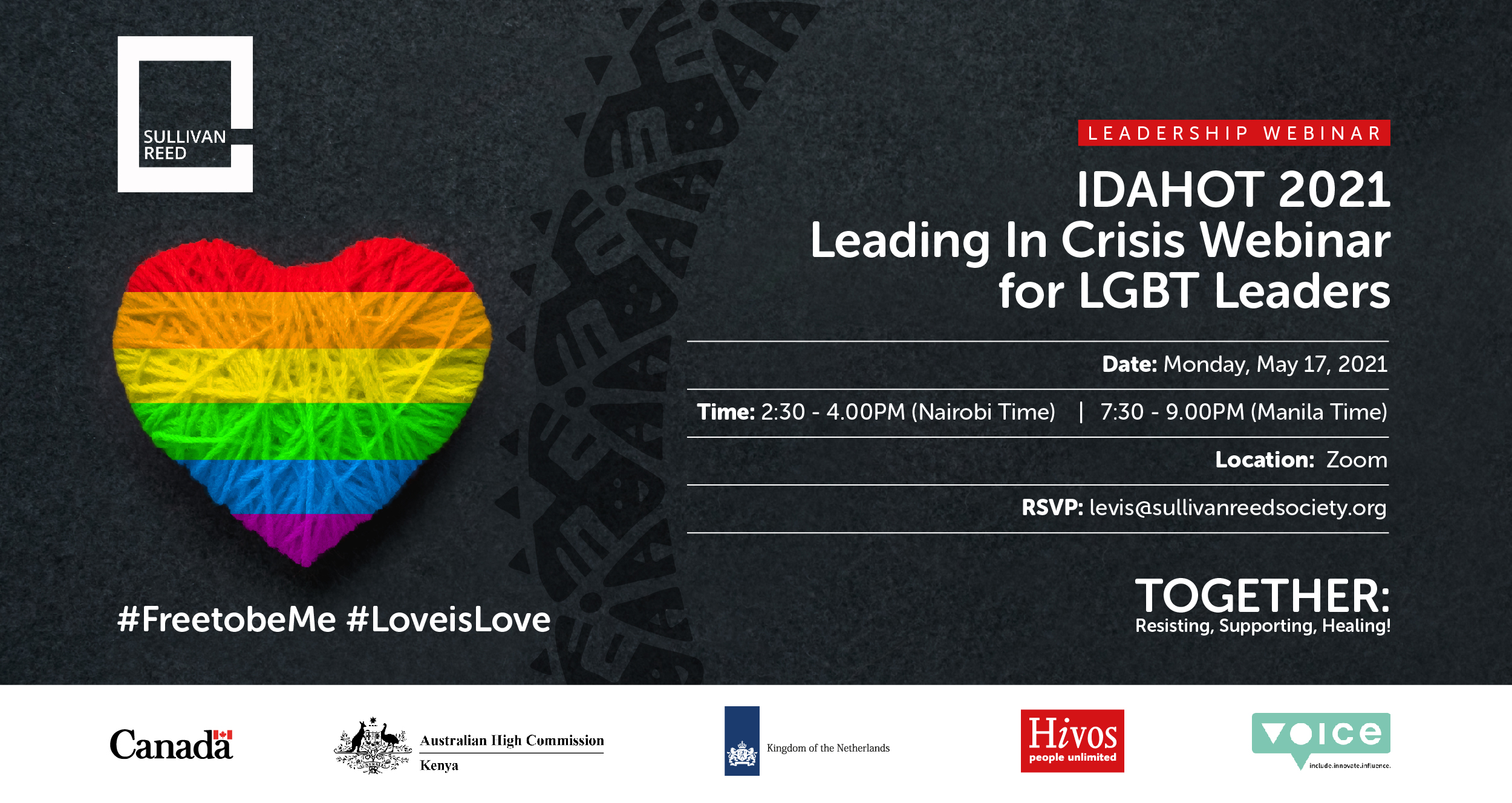Reflecting on Success: The impact of Voice
Original article by Oxfam Novib
Voice stands for an inclusive world where empowered rightsholders are able to express their views and demand their rights for responsive and inclusive societies. We do this by providing different type of grants for projects promoting diversity and inclusion of ALL in Mali, Niger, Nigeria, Uganda, Tanzania, Kenya, Laos, Cambodia, Philippines, and Indonesia.
A truly innovative grant facility managed by Oxfam Novib and Hivos and funded by the Ministerie van Buitenlandse Zaken (Dutch Ministry of Foreign Affairs, MoFA), Voices is in its final year. Program manager Ishita Dutta looks back at its successes.
What sets Voice apart in the development sector?
“Right from the start we had a very strong compass to not do things ‘as usual.’ Our approach of amplifying rightsholders’ voices sought to be radically bottom-up, supporting the project design and implementation chosen by rightsholders themselves. Ever since its inception in 2016, Voice has emphasized the role of rightsholders as agents of change, not just beneficiaries. Voice also moved leadership to the South in the program’s second phase. We decentralized the global team, and Oxfam Novib, Hivos and the MoFA stepped down from our Advisory Board to make room for a rightsholder-representatives-only board.”
What are Voice’s key success factors? What can other INGOs and donors learn from Voice?
“Open communication is one of Voice’s strengths. We have the courage to question our own certainties. This turned out to be crucial to the trust and understanding within Voice. Another key factor is participation. Our midterm review concluded that Voice gave real meaning to the principle of ‘Nothing about us without us.’ Rightsholders and grantee partners have a sense of ownership, and value Voice’s receptiveness to their feedback. For example, both conversation-based reporting, and capacity-strengthening on finance and proposal writing, were provided at the request of rightsholders.
Yet the heart and soul of Voice is Linking & Learning. Voice’s inspiring learning Indabas and the over 1,000 country-level activities were true celebrations of the richness of rightsholders’ journeys and achievements. Attendees use creative forms of expression such as slam poetry, videos, theater and talk shows to tell their personal and organizational stories of increased self-esteem and successful advocacy, sharing their learnings and embracing solutions beyond comfort zones.
Donors can learn both from Voice as a program and from the MoFA, which gave us the space to experiment. The Ministry allowed us to fail and learn in order to improve and innovate. Here, again, open communication about failures and challenges was key. One area in which we can all definitely improve is bureaucracy. I know that we have to be held accountable, as we work with public money. All the same, I call on donors to hold us accountable for the way we are holding our grantee partners accountable. Move away from our shining audit report and ask what its real meaning is.”
What is the legacy of Voice?
“Voice has effectively empowered marginalized voices to shape policies, and I am extremely proud of the unwavering commitment of grantee partners and Voice staff that made this possible. Almost 95% of the rightsholders reportedly feel more confident to use their influencing capacity as a result. In March 2024 we counted the staggering total of 1,500 grantee partners, who set up a myriad of initiatives across Africa and Asia as well as on the global level.”
Persons with albinism in Uganda felt empowered to ask the government for tax reductions on essentials like sunscreen.
Marginalized women in Southeast Asia engaged with ASEAN leaders directly, advocating in native languages to address language barriers.
Every school in Tanzania now has at least one special needs teacher, while previously there were only 200 in the whole country.








